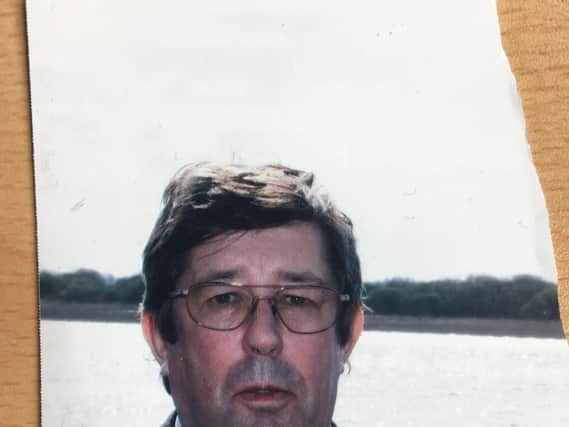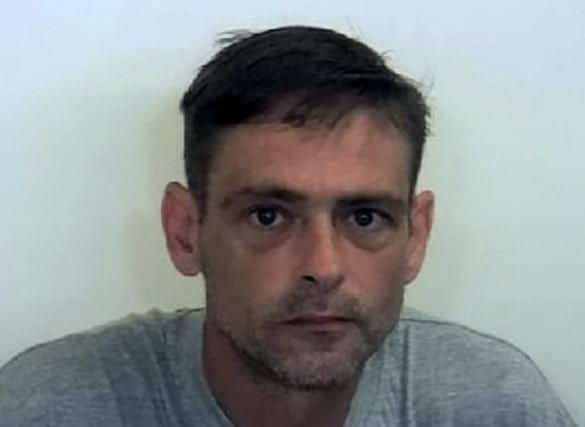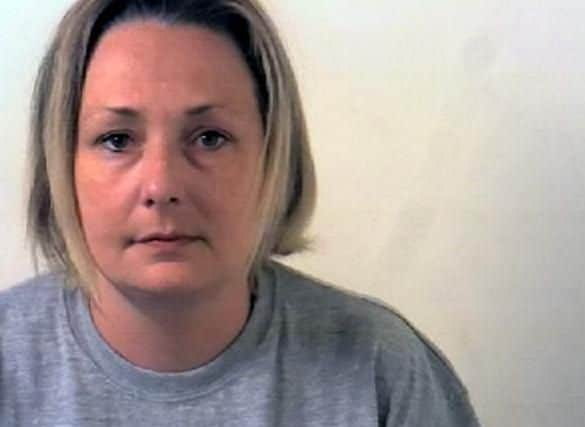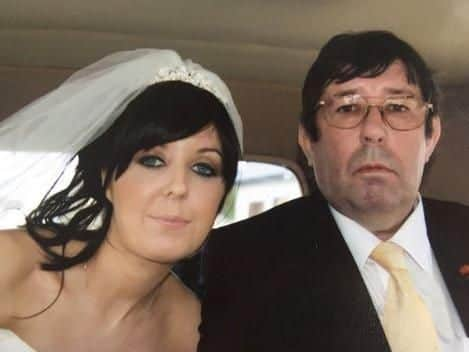Murdered property developer 'would still be alive' if convicted killer had been recalled to jail


John Gogarty, a 65-year-old grandfather, died in July 2015 after being stabbed 69 times in a ferocious attack at his home in Wombwell, South Yorkshire, carried out by Ian Birley, accompanied by Birley’s girlfriend Helen Nichols.
At the time, Birley had been out of prison for 19 months on licence after being given a life sentence for murder in 1996 for the murder of Barnsley pensioner Maurice Hoyle in a similarly unprovoked attack. Him and Nichols targeted Gogarty as they wanted to rob him to get money for a £500 drug debt Birley owed.
Advertisement
Hide AdAdvertisement
Hide AdBirley and Nichols were convicted of Mr Gogarty’s murder in December 2015 but an inquest was ordered after the victim’s family raised concerns about the circumstances surrounding Birley’s release back into the community.


Following a hearing earlier this year, coroner Christopher Dorries gave a narrative verdict at Sheffield Coroner’s Court on Friday which found there had been missed opportunities by the Probation Service which could have prevented Mr Gogarty’s life being lost.
Birley had been released on licence on December 9, 2013 after being classified as a ‘medium-risk’ offender, with one of the conditions being not to drink alcohol.
But on January 3, 2014, he tested positive for alcohol and was given a “final warning”. He tested positive for alcohol again on March 11 but was not subject to a further warning or recalled. In May 2014, he twice tested positive for methadone and was given a second “final warning”.
Advertisement
Hide AdAdvertisement
Hide AdMr Dorries said: “In my view, the earlier January ‘final warning’ now placed the Probation Service in a position where the second in May just underlined that he could continue to play the system, however much that would not have been the intention of the staff.”


He said while returning Birley to custody “would not have been an absolutely guarantee against the harm that eventually befell Mr Gogarty" as he may have targeted him at a later date, “I consider it plain at least that Mr Gogarty would not have died when he did if [Birley] had been recalled to prison in May 2014.”
In November 2014, Birley was allowed to leave a supervised hostel and live independently and was no longer subject to random or regular drug testing as there was no provision for in-house testing when an offender on licence reported for interview with a probation officer.
Mr Dorries said: “In my view, this was a major omission of the time and should be considered a further missed opportunity as it did not leave an adequate system in place to provide effective monitoring.”
Advertisement
Hide AdAdvertisement
Hide AdIn the three to four months before Mr Gogarty’s murder, Birley was not keeping to his regular weekly appointments. But police inquiries into the killing found that from April 2015, Birley had been taking crack cocaine and potentially heroin, as well as drinking. Mr Dorries said: “He was described by one witness as ‘on edge, nervous, and unpredictable’, carrying a Stanley knife.”


Mr Dorries said it was not within the scope of the inquest to examine the Parole Board's decision to release Birley from prison. He said Mr Gogarty, who was originally from Ireland, was a family man "with a notable sense of humour" who was a "huge loss to his family".
Family's anguish
Following the coroner’s ruling, Mr Gogarty’s daughter Nicola said: “If the Probation Service had done their job properly, my father would still be here and my children would still have a grandad.
“My family and I fought for three years for this inquest to take place, so we could truly understand how a loving pensioner was let down so catastrophically by the justice system.
Advertisement
Hide AdAdvertisement
Hide Ad“We are extremely grateful that this inquest has exposed the failings leading up to my father’s death but feel it is wrong that a family should have to fight for that right.
“The law is meant to protect victims. We do not feel that the system did that for our father and strongly believe that if someone commits a serious crime when out on licence, an investigation should be automatically launched, not launched by family members who are grieving and desperate to know the truth.
“In my opinion, Ian Birley is not a mad man, he is a bad man and no family should have to fight for the right to understand why a loved one lost their life to such appalling hands.
“The pain and loss we have experienced is too complex to put into words. I have a photograph that was taken of me at an airport, ten minutes before I found out about my father’s murder and I no longer recognise that person. She looks so happy and carefree. I don’t feel that I will ever be that person again.
“I always looked up to my dad, he was my hero and my protector. I always knew that I would be safe when he is around. That unwavering feeling of safety has been take away from me.”